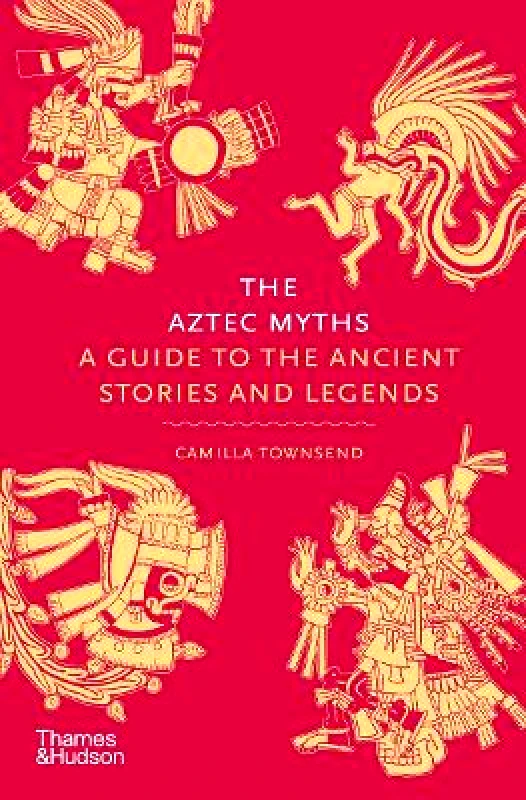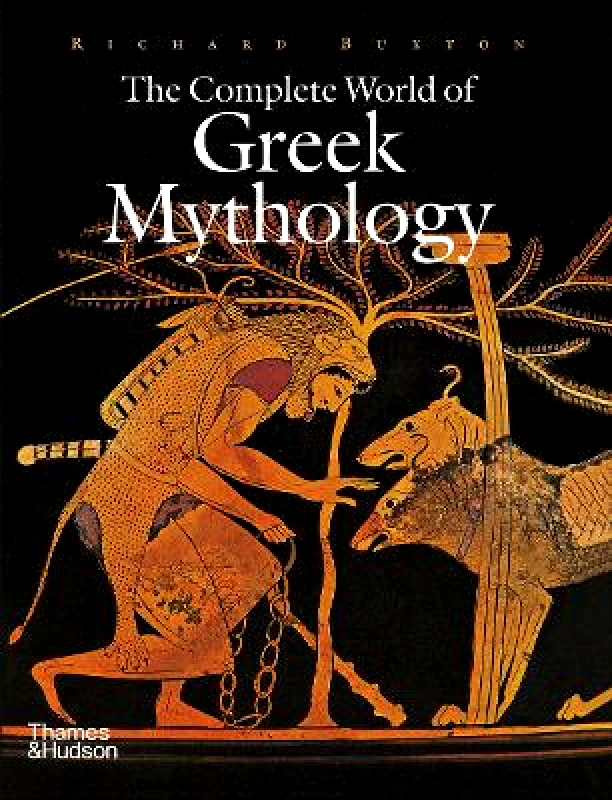Thinking Big: How the Evolution of Social Life Shaped the Human Mind Robin Dunbar Thames & Hudson Ltd 0201
13.24€
13.23€
Κωδικός: 470641
σε απόθεμα
Περιγραφή για Thinking Big: How the Evolution of Social Life Shaped the Human Mind Robin Dunbar Thames & Hudson Ltd 0201
When and how did the brains of our hominin ancestors become human minds? When and why did our capacity for language or art, music and dance evolve? It is the contention of this pathbreaking and provocative book that it was the need for early humans to live in ever-larger social groups, and to maintain social relations over ever-greater distances – the ability to ‘think big’ – that drove the enlargement of the human brain and the development of the human mind. This ‘social brain hypothesis’, put forward by evolutionary psychologists such as Robin Dunbar, one of the authors of this book, can be tested against archaeological and fossil evidence, as archaeologists Clive Gamble and John Gowlett show in the second part of Thinking Big. Along the way, the three authors touch on subjects as diverse and diverting as the switch from finger-tip grooming to vocal grooming or the crucial importance of making fire for the lengthening of the social day. As this remarkable book shows, it seems we still inhabit social worlds that originated deep in our evolutionary past – by the fireside, in the hunt and on the grasslands of Africa. Σελίδες: 240, Έτος Έκδοσης: 0201, Διαστάσεις: 13x13cm
Αγορά Thinking Big: How the Evolution of Social Life Shaped the Human Mind Robin Dunbar Thames & Hudson Ltd 0201
Επισκέψου το κατάστημα Book Odyssey για να δεις περισσότερες λεπτομέρειες και φωτογραφίες για το Thinking Big: How the Evolution of Social Life Shaped the Human Mind Robin Dunbar Thames & Hudson Ltd 0201. Για αγορά του Thinking Big: How the Evolution of Social Life Shaped the Human Mind Robin Dunbar Thames & Hudson Ltd 0201 πρέπει να επισκεφτείς το κατάστημα Book Odyssey.
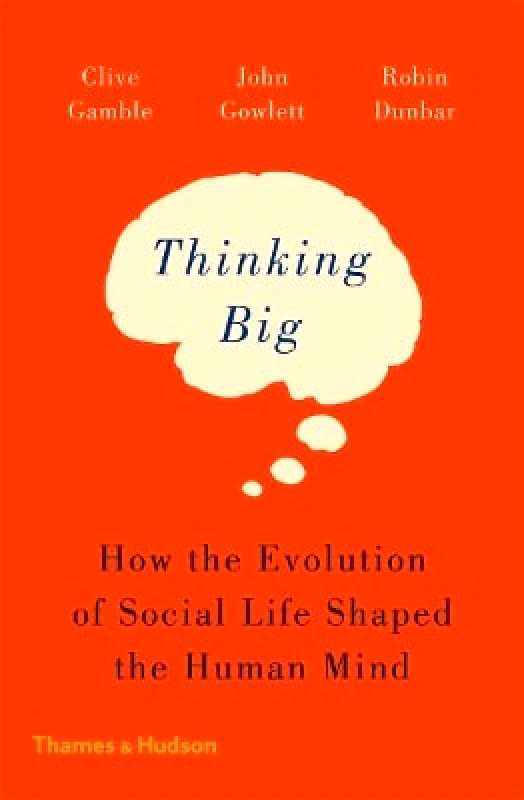






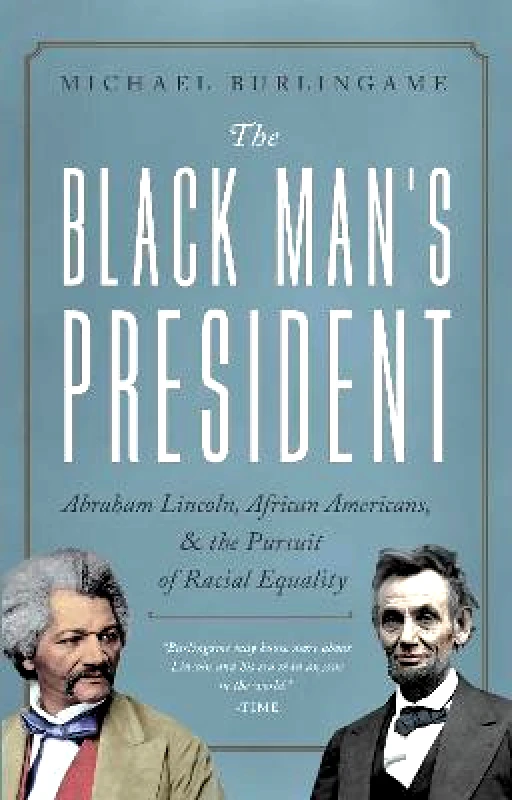




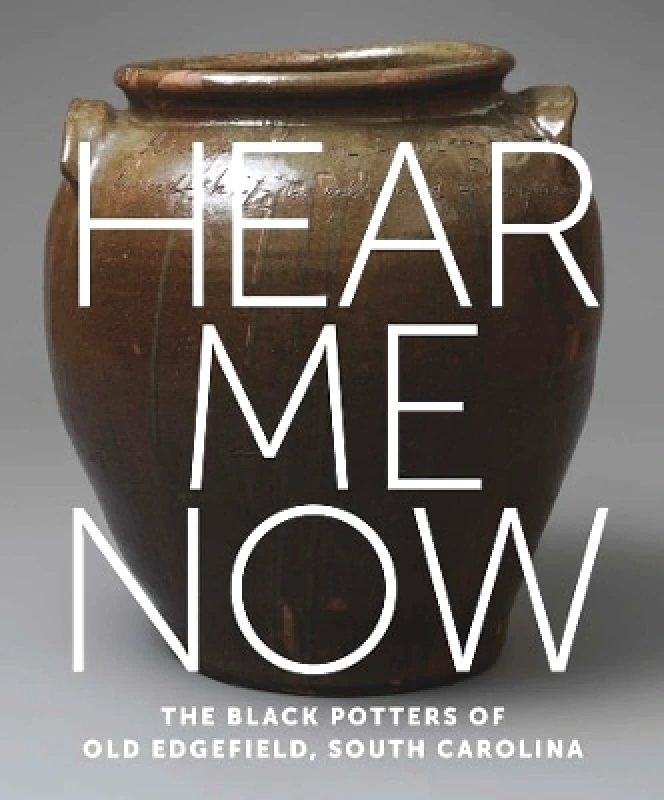










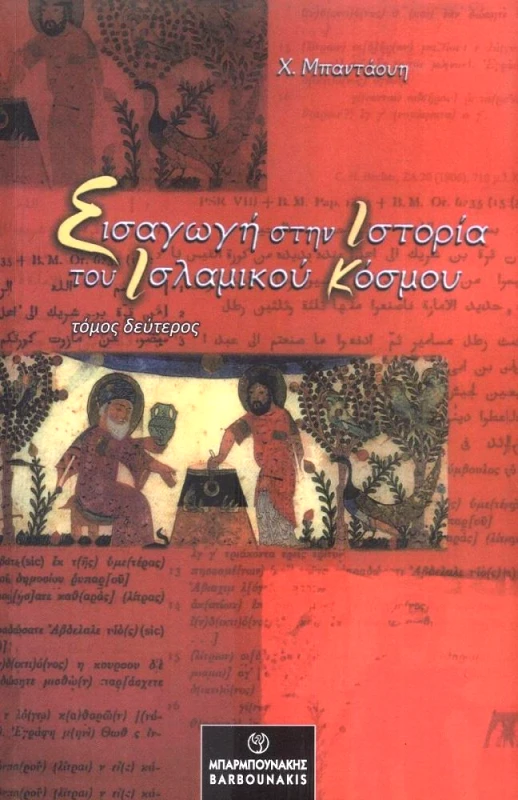


















![Δείτε περισσότερες φωτογραφίες για το Thames & Hudson Ltd Dress [with] Sense: The Practical Guide to a Conscious Closet Sofia Tarneberg Thames & Hudson Ltd 0301 Thames & Hudson Ltd Dress [with] Sense: The Practical Guide to a Conscious Closet Sofia Tarneberg Thames & Hudson Ltd 0301](/assets/images/p/13896/6782fa06ba22a1bbc30d326e/thames-hudson-ltd-dress-with-sense-the-practical-guide-to-a-conscious-closet-sofia-tarneberg-thames-hudson-ltd-0301.webp)


